Last week I entered into an unfortunate discussion regarding Creative Commons licensing, free content, and intellectual property theft to the tune of Copyright Hijacking. See the discussion over on Tele-read with author Piotr Kowolcyzk titled: I have a Ghost Publisher at Amazon … Please Help!:
I’ve self-published my two books Password Incorrect and Failure Confirmed through Kindle Digital Text Platform in mid-January, a couple of days after Amazon opened a system to authors from outside USA.
Last Friday I’ve noticed that there is another edition of Password Incorrect, published on Feb 15 – by somebody else. The link to this book is here (I hope it’ll be removed soon). It uses a cover of a free edition, which I’ve published at many places including Feedbooks, Manybooks, Kobo and Wattpad.
I’ve downloaded a free sample – enough to check who originated this edition. A publisher calls himself Sugar Land Press (link to a site is here). I’ve never heard of them before. They have never contacted me referring to this book or anything else. After checking their site and other links they provided in an intro of a book, it looks like thy live on Google ads and affiliate programs, including Amazon Associates. This book, available for free everywhere else, costs $11 ($14,95 outside USA), is terribly formatted and full of other mistakes. I analysed the content and I’m almost sure it was downloaded either from Wattpad or Manybooks.
In light of this, I wanted to talk about Creative Commons licensing because, frankly, this can happen anywhere in any country when authors use file sharing sites like Scribd and Wattpad among others to publish their work for free. Let me clarify a bit, giving away free content and file-sharing are two completely different things. CC Licensing and Free Content are not mutually exclusive. You can allow free downloads of your work and still maintain your standard copyright “all rights reserved.” However, some file share sites like Scribd automatically default to a Creative Commons License, and if the author is not aware of this, they may find themselves in a bit of a pickle. Yes, that share button means “share.”
Readers who frequent file sharing sites often get confused between standard Copyright and Creative Commons Licensing. They assume that because the title is a free to read that it was posted intentionally by the author using a Creative Commons license, which grants the end user license to post and re-distribute the work without permission from the author. But there are many different types of CC licenses and they are also used to allow the creation of derivative works as well allow the sale of the work by third parties not affiliated with the copyright holder. Unfortunately, this is the gamble an author takes when they choose to use file share sites and CC licensing. You have to read the fine print about licensing before you post your work. You also need to know how CC licensing works. The worst case scenario with CC licensing is that, on occasion, the end user assumes they are free to do what they will with the content.
In the case of Mr. Kowolcyzk’s work, the end-user listed the title for sale on Kindle alongside the author’s original. The listing appeared under the Sugar Land Press name and even went so far as to slap a standard copyright notice “all rights reserved” on the work, which is illegal, since creative commons work can only be re-distributed and used under the same license it was originally obtained.
So is it illegal for the end user to sell someone else’s content? Well, it depends on the creative commons license that was used when the material was published on the file share site. Authors should be sure that the same licenses are being used consistently no matter the publication location. Unless the license specifically was an: Attribution/Non Commercial (By-NC) then the end user can turn around and sell it — legally. However, they have to attribute you as the author, and while they can sell it, they cannot claim themselves as the copyright holder, as the nature of a CC license is that it is non-exclusive and irrevocable.
Work licensed under a Creative Commons License is protected by applicable copyright law. This allows Creative Commons licenses to be applied to all work protected by copyright law, including: books, plays, movies, music, articles, photographs, blogs, and websites. However, the license may not modify the rights allowed by fair use or fair dealing or exert restrictions which violate copyright exceptions. Furthermore, Creative Commons Licenses are non-exclusive and non-revocable. Any work or copies of the work obtained under a Creative Commons license may continue to be used under that license. In the case of works protected by multiple Creative Common Licenses, the user may choose either.
So to recap, once you CC a work, you cannot take it back. This is why I strongly advise authors against a CC-BY or a CC-BY-SA license if they plan to sell the work commercially at a later time. Actually, you can use a standard copyright license and still give your work away for free. It eliminates this problem entirely. But watch those file share sites, some of them default to a CC license only and once you are in, you cannot revoke it.
There are six major licenses of the Creative Commons:
- Attribution (CC-BY)
- Attribution Share Alike (CC-BY-SA)
- Attribution No Derivatives (CC-BY-ND)
- Attribution Non-Commercial (CC-BY-NC)
- Attribution Non-Commercial Share Alike (CC-BY-NC-SA)
- Attribution Non-Commercial No Derivatives (CC-BY-NC-ND)
There are four major conditions of the Creative Commons: Attribution (BY), requiring attribution to the original author; Share Alike (SA), allowing derivative works under the same or a similar license (later or jurisdiction version); Non-Commercial (NC), requiring the work is not used for commercial purposes; and No Derivative Works (ND), allowing only the original work, without derivatives.[12]
As of the current versions, all Creative Commons licenses allow the “core right” to redistribute a work for non-commercial purposes without modification. The NC and ND options will make a work non-free.
As of 2010, all current licenses require attribution of the original author. The attribution must be given to “the best of [one’s] ability using the information available”. Generally this implies the following:
Include any copyright notices (if applicable). If the work itself contains any copyright notices placed there by the copyright holder, those notices must be left intact, or reproduced them in a way that is reasonable to the medium in which the work is being re-published.
Cite the author’s name, screen name, or user ID, etc. If the work is being published on the Internet, it is nice to link that name to the person’s profile page, if such a page exists.
Cite the work’s title or name (if applicable), if such a thing exists. If the work is being published on the Internet, it is nice to link the name or title directly to the original work.
Cite the specific CC license the work is under (optional). If the work is being published on the Internet, it is nice if the license citation links to the license on the CC website.
Mention if the work is a derivative work or adaptation, in addition to the above, one needs to identify that their work is a derivative work i.e., “This is a Finnish translation of the [original work] by [author].” or “Screenplay based on [original work] by [author].”
Walt Gordon Jones explains everything nicely on his site in simple terms, and he has some suggestions for attacking the issue of license violations. The author will always remain the legal copyright owner. CC doesn’t replace Copyright. The author does lose the “all rights reserved” clause, but the end user does not gain them.
On a final note: I remember researching Feedbooks.com for a blog post last year when I was deciding myself if I was going to ebook my work, if my memory serves me, and in the end I had decided not to list my work with them because of a oddly worded clause in their terms of service, which states:
4. Intellectual Property Rights
FeedBooks being registered in France, the content of the Website is subject to the French legislation on copyrights and other intellectual property rights. However, the electronic books offered for reading are free from copyrights as, in accordance with the legislation of France, the said books fall in the public domain.
The wording here gives the impression that any/all the electronic books listed on their site are in the public domain. This can be very confusing and lead to issues with copyright infringement. So always check your file share site for ambiguous language.
I think the Creative Commons has its place in the world. Some authors have had a lot of success getting the word out by allowing file-sharing and derivative works. I just think authors need to be careful with CC licensing and make sure they choose the right license for the right work. Not to mention most readers are just as uneducated about CC licensing, and the ones that understand it know exactly what they can get away with and how to exploit it. If an end user violates your license, they lose it, and you can pursue for infringement. That’s the bottom line. So don’t let your work get away from you.
Zoe Winters shares her frustration with CC licensing as well.
Cross posted by Cheryl Anne Gardner from the PodPeople Blog
Get an Editorial Review | Get Amazon Sales & Reviews | Get Edited | Get Beta Readers | Enter the SPR Book Awards | Other Marketing Services


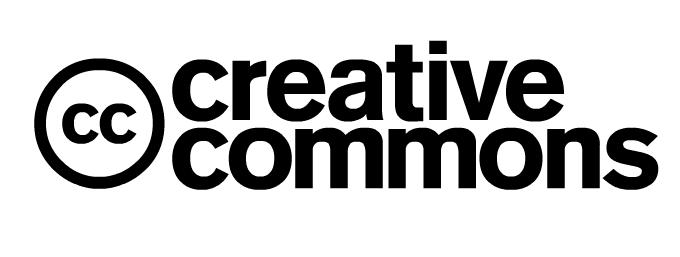









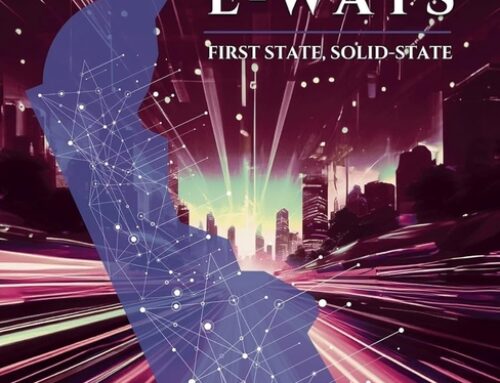


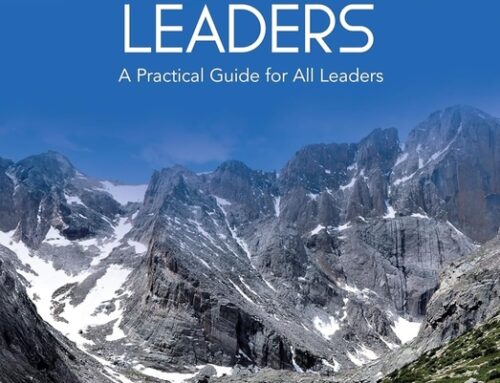
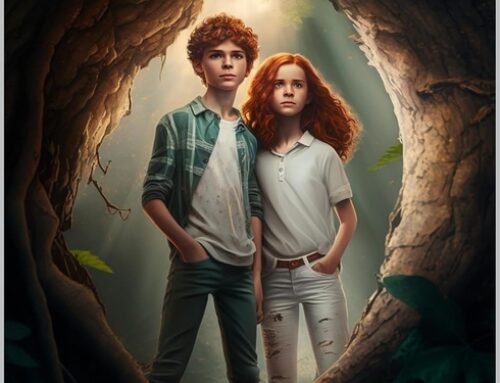

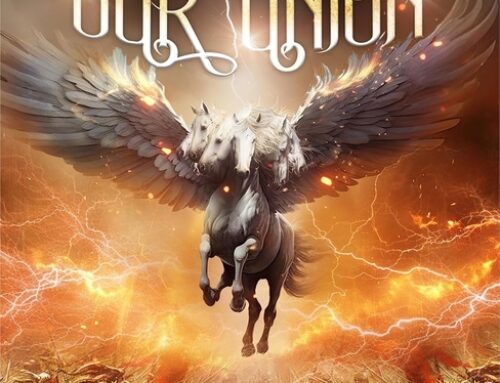

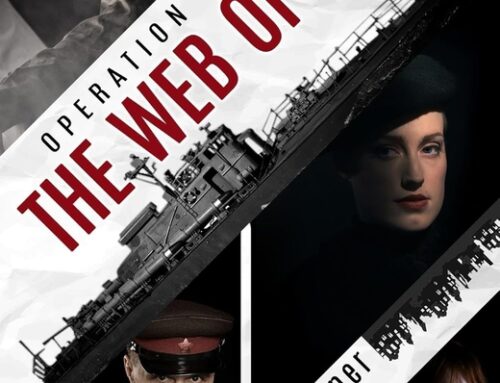

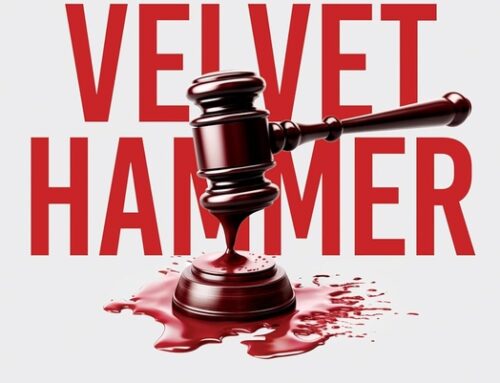
um, shit, this debunks my myth #1 on the *other* copyright essay here on SPR, also published today by yours truly. or maybe a ghost publisher, here Steal My Sh*t http://bit.ly/agzgV9.
thanks for the eye opener, and please don’t steal my shit.
~jenn
Yea, the “who’s gonna steal my shit?” justification flies right out the window after witnessing what happened to Piotr and Zoe. I never, ever, ever use CC. It’s not worth it. I don’t DRM, so people can share my print copy and my digital copies with friends without violating the Traditional Copyright I have on the work. They just can’t post, sell it, or create a deriv. There is no need to CC a work really, unless you want to spend time monitoring how it’s being used. I don’t have that kind of time. Some people love it and don’t care: photographers and graphic designers especially. But for me, the work, the words, they are my thoughts, and I like to keep control of that as best I can. That’s just MO and of course it smells like ass just like everyone else’s. 🙂
(I need to preface this by saying that I’m not feeling 100% today, so I may be rambly and/or jammering nonsense. Read on with caution)
I think a lot of authors don’t fully understand CC licenses, but I think this post misses the point as well. A CC license takes standard copyright and tacks on what explicit rights you are granting the end-user. It doesn’t take away any of your copyright protections, and possibly more importantly, copyright doesn’t magically protect you from abuse, either.
A few years ago, I remember discussing CC and pointing out that the biggest threat to my work wasn’t filesharers, it was a scum-sucking “publisher” taking one of my works and earning money without paying me (despite a NonCommercial license). At the time, I was saved by the fact that a publisher would have to invest paper paper and shipping etc, and only a fool would spend that much if there was a chance they’d be sued for copyright infringement. I guess Kindle made it more possible, so the battle is wide open.
But book-stealing isn’t limited to CC works. I know one author whose non-CC novella was poached from a filesharing site and released on Kindle by a third party without permission. In that case, his publisher got out the Lawyer Stick and had the thing removed, but the whole scam only came to light because a friend noticed the title by pure chance. If no one had seen it, the book would still be there, despite the copyright status. If you have a CC-licensed book that’s been put on Kindle (despite a NC clause), you have the right to use your own Lawyer Stick and have it taken down, and sue for damages. Anyone that says otherwise is lying.
The ultimate purpose of CC is to tell your readers that you won’t sue them if they give your book to a friend to read. You can say that traditional copyright grants that right anyway, but the last ten years indicates major rightsholders don’t see it that way. CC is a brand to communicate that you’re not insane, and you won’t punish your fans.
In short: if a CC license truly is hurting your bottom line, then I would have to argue that you’re doing it wrong.
No, I stated that as a point in the article: “CC doesn’t replace Copyright.” You, the author lose the “all rights reserved” clause. That’s it. And it’s not that the author is doing it wrong, it’s that the end user doesn’t understand it and is doing it wrong, or that they do understand it and they are just doing what they want. And if you have to take out the lawyer stick, that does affect your bottom line: lawyers cost money, a lot of momney, not to mention the cost of your valuable time policing the interwebz. Traditional Copyright doesn’t prevent poaching either, agreed, but it’s much less misunderstood. The article was not to cast an accusatory finger at the Creative Commons, but more to educate Indie Authors on what it is, what it can and can’t do, and how to be be mindful of the side effects. I also said in the article too that if the end user violates the CC license, you, the author, have the right to pursue for infringement. I made that all clear.
So far people were stealing content, because they wanted to SAVE money.
Things change. There’s more and more free content available online. People start to grab it, because they want to EARN money.
IMO, in both cases for those who decide to use what’s not theirs, it doesn’t matter which copyright is on it. It’s easy to remove a license clause from a text document, isn’t it?
Instead of asking a question “(C) or CC?” I would focus on finding, how this ghost publishing works and try to embrace/stop it, before it’s too late.
My ghosts are:
– guys who are Amazon affiliates; they earn money on commission from selling other guys’ goods
– guys who think: “let’s sell our staff, there’s so much of it everywhere”
– guys who hide behind automated sites and think they’ll be hard to chase
– guys who assume that the most harm sbd can do to them is to remove their edition of a book
– guys who think: “hey, by the time they’ll remove it, we’ll earn some money
– guys who calculate: “to grab a work from Wattpad and publish is at Amazon I need some 15 minutes. OK, one copy sold makes the deal.”
– guys who very well understand the copyright issues, but when asked they can always say: “but we were not aware”.
Something which needs to be discussed is “I’m the owner of the rights”, a little check-button in a last tab of a “create book” panel of every self-publishing platform.
What to do to stop Sugar Land Press Affiliate Gurus And Their Followers from clicking it?
The “by the time they remove it we’ll have earned some money” thing is faulty logic on their part, since Amazon or whoever the third party site is, is legally obligated to pay the original copyright owner any proceeds.